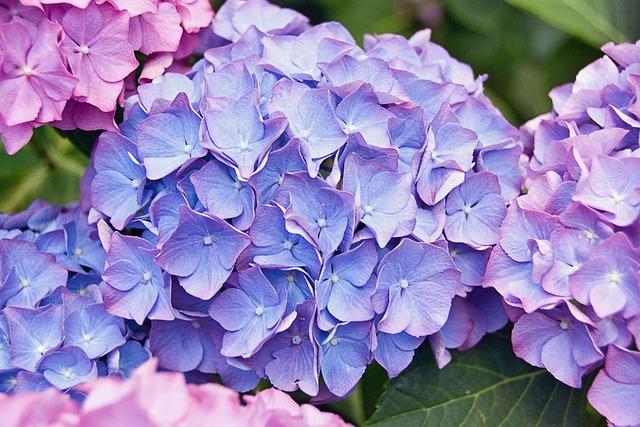casimba ⚡ Casimba: A Cultural Symphony of Rhythm and Resilience

Casimba: A Cultural Symphony of Rhythm and Resilience
At the heart of Brazilian culture lies a vibrant tapestry of music and dance that reflects the country’s rich history and diverse influences. Among the many genres that have emerged from this cultural melange, casimba stands out as a powerful expression of identity, community, and artistic innovation. This genre, with its infectious rhythms and evocative melodies, is not just a form of entertainment; it is a living testament to the resilience and creativity of the Brazilian people.casimba

Casimba, often characterized by its upbeat tempos and engaging choreography, serves as a reminder of the deep-seated traditions that have shaped Brazilian society. This genre encapsulates the essence of communal gatherings, where friends and families come together to celebrate life through music and dance. The communal aspect of casimba is integral to its charm, as it encourages participation from everyone, regardless of age or skill level. In this way, casimba fosters a sense of belonging and togetherness, reinforcing social bonds in a rapidly changing world.
The roots of casimba can be traced back to the blending of African, Indigenous, and European musical traditions. This fusion is evident in the use of traditional instruments, such as the berimbau and atabaque, which infuse casimba with a distinct sound that resonates with the rhythms of the African diaspora. The dance movements associated with casimba, often fluid and expressive, draw inspiration from various cultural practices, creating a dynamic form of expression that transcends geographic and social boundaries.
As a genre, casimba is not static; it evolves, adapting to contemporary influences while maintaining its core essence. This adaptability is a testament to the creative spirit of Brazilian artists who continuously push the boundaries of tradition. New interpretations of casimba are emerging, incorporating elements from genres like hip-hop and electronic music, ensuring that the genre remains relevant and appealing to younger generations. This evolution is crucial in keeping the spirit of casimba alive, allowing it to resonate with those who may not have been exposed to its traditional roots.
Moreover, the rise of social media has played a significant role in the dissemination and popularization of casimba. Platforms such as Instagram and TikTok have become virtual stages where dancers and musicians showcase their talents, reaching a global audience. This newfound visibility has not only revitalized interest in casimba but has also inspired a new wave of artists to experiment and innovate within the genre. The democratization of music and dance through social media has created a fertile ground for creativity, enabling casimba to flourish in ways that were previously unimaginable.
However, the journey of casimba is not without its challenges. As with many cultural expressions across the globe, casimba faces the threat of commercialization, which can dilute its authenticity and reduce its significance to mere entertainment. The balance between artistic integrity and commercial appeal is delicate, and it is crucial for artists and enthusiasts alike to remain vigilant in preserving the cultural heritage that lies at the heart of casimba. This preservation requires a collective effort to honor the genre’s roots while embracing innovation, ensuring that casimba continues to tell the story of Brazil's diverse history.casimba

In educational settings, casimba can be a powerful tool for promoting cultural awareness and understanding. By introducing students to the rhythms and movements of this genre, educators can foster a greater appreciation for Brazil’s cultural diversity. Workshops and classes dedicated to casimba not only provide a space for artistic expression but also serve as a platform for discussing broader social issues, such as identity, community, and the importance of cultural preservation in a globalized world.casimba
Furthermore, community initiatives that promote casimba can have a profound impact on social cohesion. By bringing people together through dance and music, these initiatives create opportunities for dialogue and collaboration, fostering mutual respect and understanding among individuals from different backgrounds. In a country as diverse as Brazil, where social inequalities persist, casimba can play a vital role in bridging divides and building a more inclusive society.
As we celebrate the vibrant world of casimba, it is essential to recognize its significance beyond mere entertainment. It is a cultural phenomenon that embodies the spirit of resilience, creativity, and unity. In a world that often feels fragmented, casimba reminds us of the power of music and dance to bring people together, transcending barriers and fostering a sense of belonging. As we move forward, let us honor the past while embracing the future, ensuring that casimba continues to thrive as a dynamic expression of Brazilian identity for generations to come.
Fale conosco. Envie dúvidas, críticas ou sugestões para a nossa equipe através dos contatos abaixo:
Telefone: 0086-10-8805-0795
Email: portuguese@9099.com


